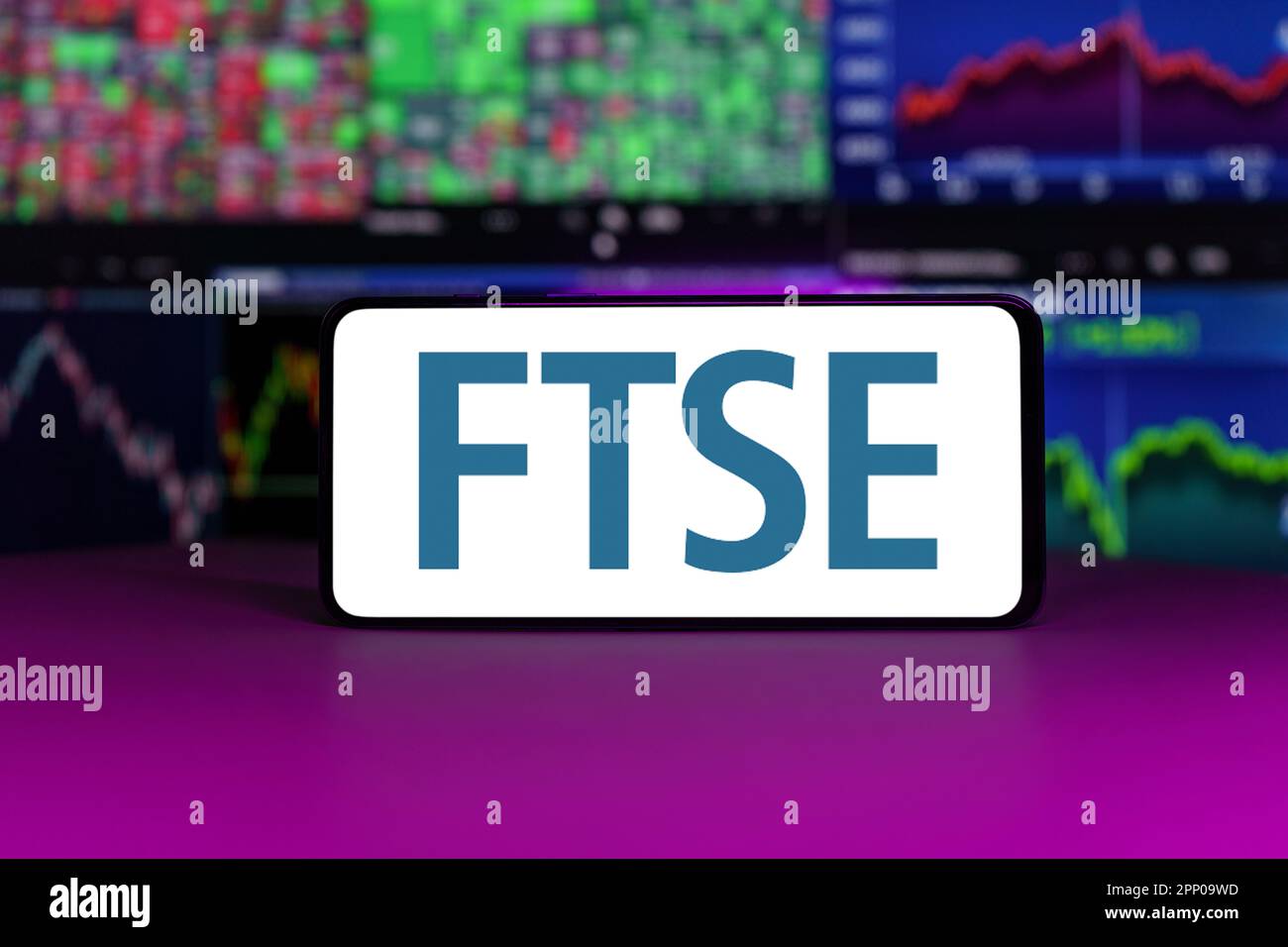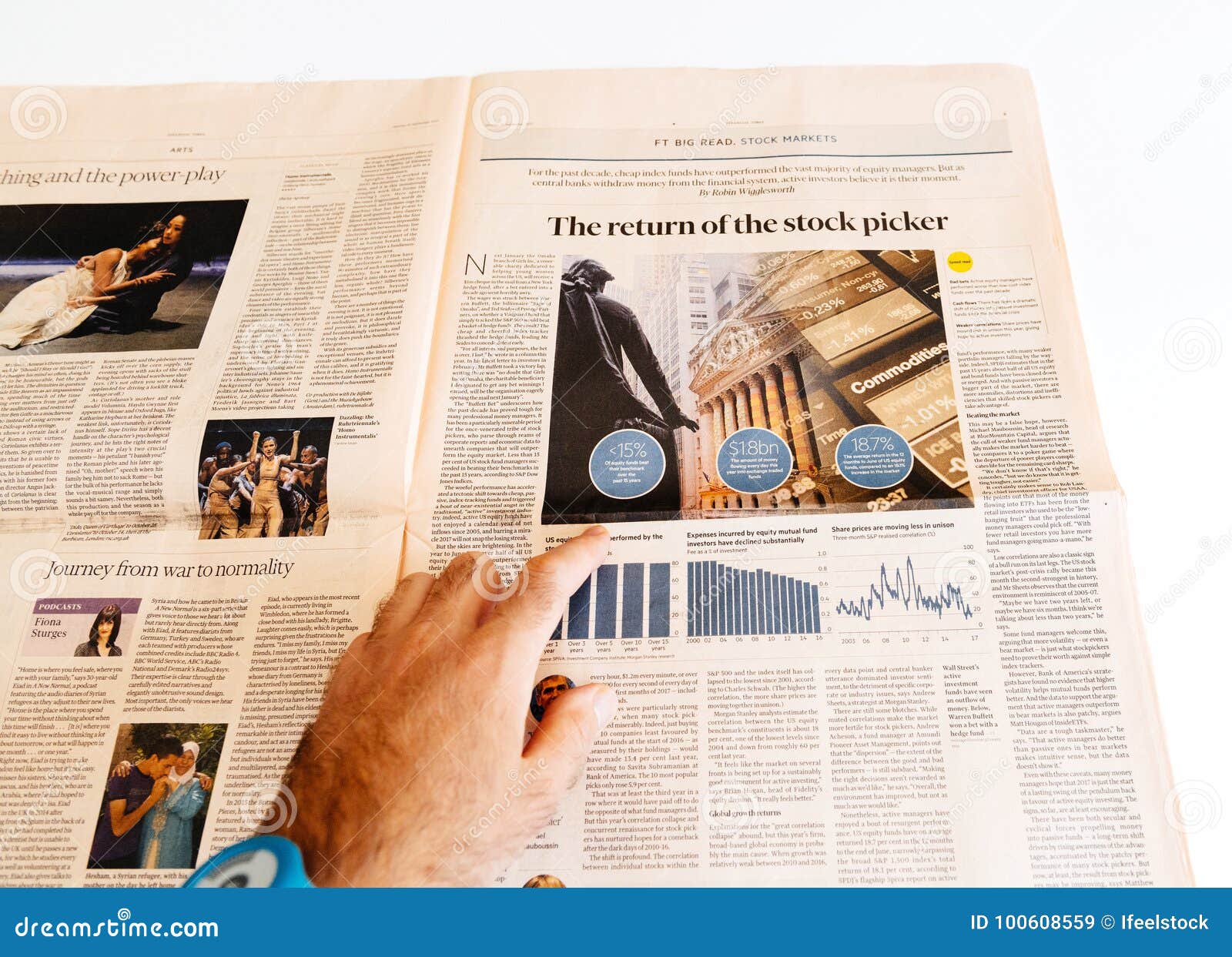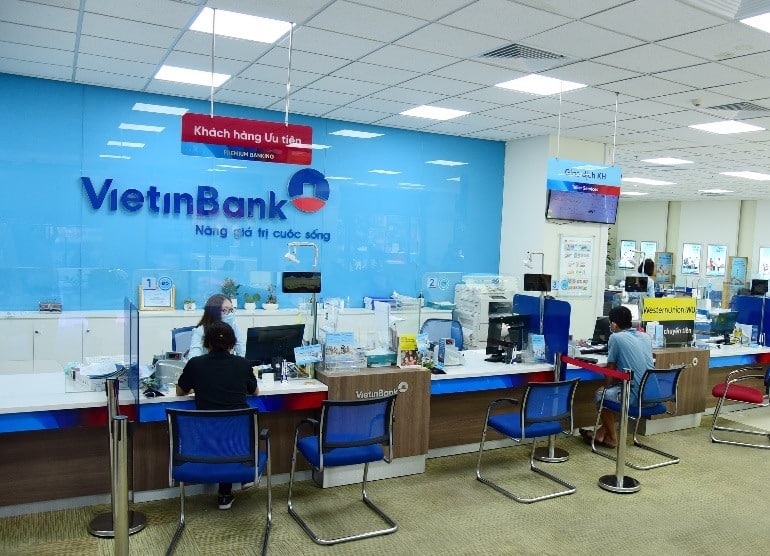The financial markets play a crucial role in driving the global economy, and one of the most influential stock exchanges in the world is the Financial Times Stock Exchange (FTSE). Founded in 1984, the FTSE is a joint venture between the London Stock Exchange and the Financial Times newspaper, and it is home to some of the largest and most valuable companies in the UK. With over 2,000 listed companies and a market capitalization of over $3 trillion, the FTSE has a significant impact on not only the UK economy, but also the global economy. In this article, we will delve deeper into the workings of the FTSE and its impact on the financial world.
DANH MỤC BÀI VIẾT
History of the FTSE

The origins of the FTSE can be traced back to 1962 when the Financial Times launched its own index, called the FT30, which consisted of the top 30 UK companies based on market capitalization. In 1984, the FT30 was replaced by the FTSE 100, which is the main index of the FTSE today. This new index included the top 100 companies from a wider range of industries, making it a more comprehensive representation of the UK market. Over the years, the FTSE has expanded its reach and now includes various other indexes such as the FTSE 250, FTSE SmallCap, and the FTSE All-Share.
The FTSE Indexes
The FTSE is best known for its flagship index, the FTSE 100, which consists of the 100 largest companies listed on the London Stock Exchange. Some of the well-known companies listed on the FTSE 100 include HSBC, Royal Dutch Shell, and Unilever. The index is calculated in real-time, with changes made every 15 seconds during market hours, making it a key indicator of the UK market’s performance. The FTSE 250, on the other hand, represents the next 250 largest companies after the FTSE 100 and is seen as a more accurate reflection of the UK’s economy as it includes more mid-sized companies. The FTSE All-Share index takes into account all the companies listed on the London Stock Exchange and represents around 98% of the UK’s market capitalization.
Global Reach of the FTSE
While the FTSE is predominantly a UK-based stock exchange, its reach goes beyond national borders. In fact, many companies listed on the FTSE indexes are multinational corporations with operations in various countries. This makes the performance of the FTSE indexes not only an indication of the UK’s economic health but also a reflection of the global economy. As a result, the FTSE has become one of the most widely followed indexes by investors and financial institutions worldwide.
How the FTSE Affects the Economy

The performance of the FTSE has a significant influence on the UK economy, as well as the global economy. Here are some ways in which the FTSE impacts the economy.
Investor Confidence
The FTSE is closely watched by investors and is often used as a barometer to gauge the health of the UK’s economy. When the FTSE is performing well, it boosts investor confidence, which leads to increased investments in the market. This, in turn, drives economic growth and creates jobs, ultimately contributing to the overall health of the economy.
Capital Raising
The companies listed on the FTSE have access to a large pool of capital, which they can use for expansion and growth. This is because the FTSE attracts a wide range of investors, from individual retail investors to institutional investors with significant amounts of capital to invest. The availability of capital allows companies to make strategic acquisitions, invest in new technologies, and expand their operations, leading to economic growth.
Globalization
With the FTSE’s global reach, it has become an important contributor to the process of globalization. As more companies from different industries and countries are listed on the FTSE, it becomes a platform for international trade and investment. This promotes economic growth by creating opportunities for cross-border collaborations and partnerships.
Impact of the FTSE on Other Financial Markets

The performance of the FTSE not only affects the UK economy but also has an impact on other financial markets around the world.
Correlation with Other Stock Exchanges
The FTSE is closely correlated with other major stock exchanges, such as the New York Stock Exchange and the Tokyo Stock Exchange. When the FTSE performs well, it often leads to positive movements in these markets, and vice versa. This is because many multinational corporations listed on the FTSE have operations and investments in various countries, making their performance tied to multiple economies.
Influence on Currency Markets
The FTSE also has an impact on currency markets, particularly the British pound. A strong FTSE often leads to an appreciation of the pound, while a weakening FTSE can cause the pound to depreciate. This is because a strong FTSE reflects a robust economy, which attracts foreign investors and increases demand for the national currency.
Commodity Prices
Many companies listed on the FTSE are involved in the production and trading of commodities, such as oil, gold, and copper. Thus, the performance of the FTSE can have an influence on commodity prices. For instance, if the FTSE is performing well, it could increase the demand for commodities, leading to higher prices.
FAQs about the FTSE

Q: How is the FTSE different from other stock exchanges?
A: The FTSE is unique in that it is a joint venture between a stock exchange and a media company, whereas most other stock exchanges are owned and operated by independent entities.
Q: Can anyone invest in the FTSE?
A: Yes, the FTSE is open to both individual and institutional investors. However, some indexes, such as the FTSE 100, have stricter eligibility criteria for companies to be included.
Q: Is the FTSE a reliable indicator of the economy’s health?
A: While the FTSE is an important indicator, it should not be the sole factor considered when assessing the economy’s health. Other economic indicators, such as GDP growth and unemployment rates, should also be taken into account.
Q: How often are changes made to the FTSE indexes?
A: The FTSE index levels are reviewed four times a year, in March, June, September, and December, with changes implemented on the first weekday after the review.
Q: How can I invest in the FTSE?
A: One way to invest in the FTSE is through index-tracking funds or ETFs, which replicate the performance of the index. Individual companies listed on the FTSE can also be purchased through a stockbroker.
Conclusion

In conclusion, the Financial Times Stock Exchange plays a crucial role in the global economy, impacting not only the UK but also other financial markets around the world. As one of the most influential stock exchanges, its performance is closely watched by investors and is a key indicator of the overall economic health. With its continued expansion and growth, the FTSE will undoubtedly remain a significant player in the financial world for years to come.



















